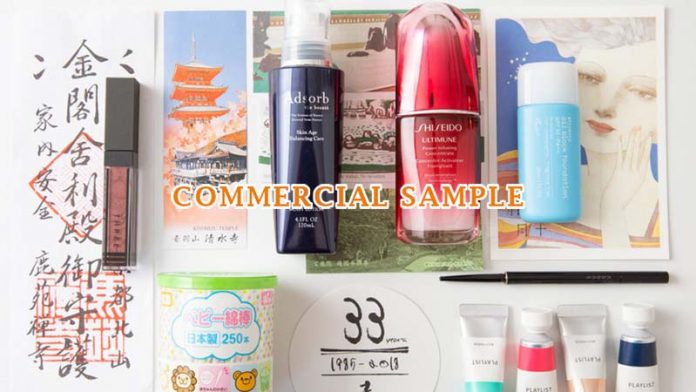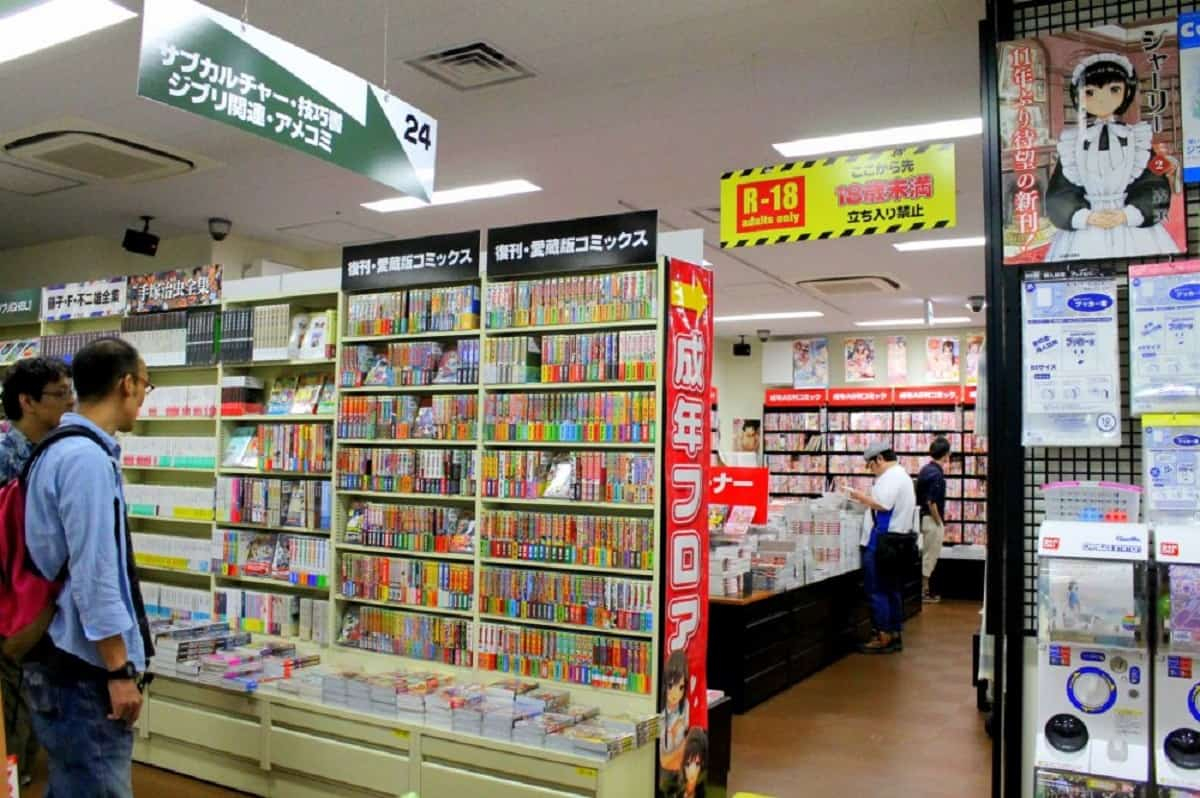Businesses often have a number of commercial samples for customers to try and experience. Thereby, customers will have a better understanding of products and brands and increase their purchasing ability.
So what does a commercial sample mean? Let’s find out with Janbox in the article below.
I. What is a Commercial Sample?
Commercial samples are goods used for production, processing, and trading samples.
In international goods sale and purchase, sample goods are used as a model for a sample sale and purchase contracts between the parties and subjects of foreign trade contracts. Under a model sales contract, the seller is obliged to provide the buyer with the same type of goods as the sample.
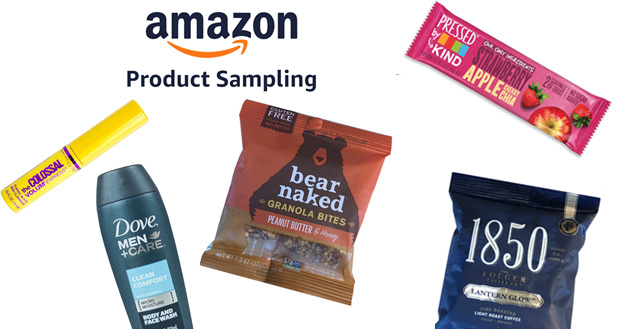
What does commercial sample mean?
Sales promotion samples or demos include any method used to deliver an actual or small-sized product to the consumer.
Samples are commonly distributed in the following forms: sending by post; home distribution; distributed at the place of sale or can be combined with the display and demonstration of products in the store; clamp to the packaging of other products; or attach an advertisement in a newspaper or magazine.
As far as trade promotion is concerned, samples are usually smaller than the normal volume of the product sold in the market. This makes good sense for the consumer and reduces the risk of buying a product that was previously unknown at the time of purchase. For traders, it’s a form of sample delivery that maximizes money savings.
II. For example
An example of a commercial sample is that the company produces instant coffee before launching the product to the consumer market, they have made many free distributions of this drink to make consumers know about the product as well as assess its quality.
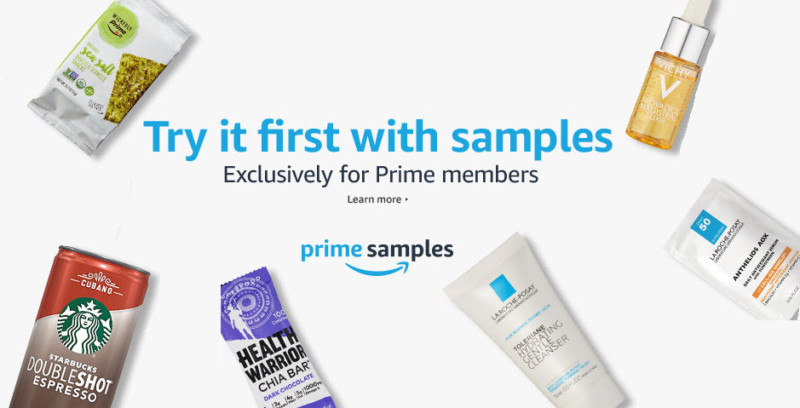
Or for cosmetic brands, before officially launching a new product line, they often give small cosmetic tubes to consumers so that they can promote their image widely, as well as receive feedback. From there, they can make adjustments to improve product quality.
>>> Read more: Top 10 Best Japanese Sunscreens
III. Related to Commercial Sample
According to the Law Insider dictionary website, here are some concepts which are related to commercial sample:
- Commercial Sale means any transaction that transfers to a purchaser, for value, physical possession, and title to Licensed Products, after which transfer the seller has no right or power to determine the purchaser’s resale price if any. Transfer of possession and title to an Affiliate or sublicensee shall now no longer represent a Commercial Sale unless the Affiliate or sublicensee is an end-consumer of Licensed Products.
- Commercial Launch means, with respect to a Product, the first commercial sale of such Product to a Third Party occurring after Regulatory Approval for such Product.
- Bulk Product means Licensed Product supplied in a form other than Finished Product which can be converted into Finished Product.
- A drug sample means a unit of a prescription drug that is not intended to be sold and is intended to promote the sale of the drug.
- Commercial Product as used in this Article means a product in regular production that is sold in substantial quantities to the general public and/or industry at established catalog or market prices. It also means a product that, in the opinion of the Contractor, differs only insignificantly from the Subcontractor’s commercial product.
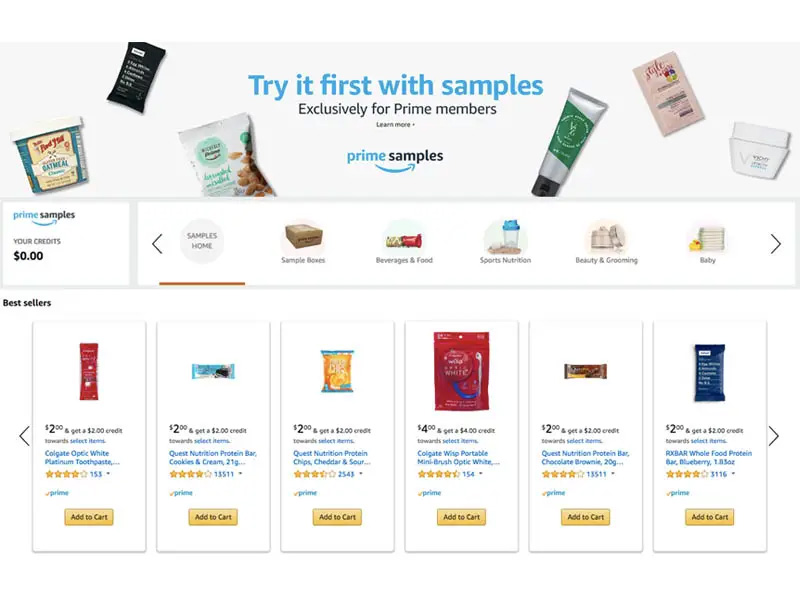
- Product means any deliverable under the Contract, which may include commodities, services, technology, or software.
- Drug Product means a finished dosage form that is prepared from Bulk Drug Substances and is ready for administration to the ultimate consumer as a pharmaceutical.
- Collaboration Product means any product that contains one or more Discovered RNAi Compound(s) as the active ingredient(s).
- A finished Product means a cannabis product in its final form to be sold at retail premises.
- Tobacco product manufacturer means an entity that after the date of enactment of this Act directly (and not exclusively through any affiliate).
- Commercial Production means the operation of the Property or any portion there of as a producing mine and the production of mineral products therefrom (excluding bulk sampling, pilot plant, or test operations)
IV. Frequently Asked Questions
1, What products can I ship as samples?
Almost any retail product can be shipped as a sample as long as it is properly prepared and packaged. It is important to note that samples from the pharmaceutical, chemical or biological industries may fall under a separate category and therefore are subject to different customs and shipment regulations.
2, Does the sample require a commercial invoice?
All samples require a commercial invoice, even low-value samples. The invoice should show the actual value, a detailed description, and the reason for the export – in this case, the “sample”. This way, customs will know the goods are not for commercial use.
3, Do we have to provide a value for the sample?
Yes, although usually the buyer is not charged for the sample, the seller must declare the exact value.
4, How do we prepare the samples for shipping?
For a product to qualify as a commercial sample, it needs to be altered in a way that would render it unsuitable for resale. For example, the general rule for clothing is that the mark must be clearly visible on the outside of the garment, rendering the product unfit for wear and use. Samples should also be shipped in small quantities with a limited number of sizes and sizes available.
Here are some of the most common product variations used:
– Handbag
A puncture, a conspicuously sewn tag, or a permanent mark that says ‘sample, not for resale’ is clearly visible.
– Clothes
A cut or tear is made on the outside of the garment and not at the seam or in the bottom – this is visible when the garment is worn. Printing of apparel with the words “sample, not resold” printed in indelible ink would also qualify as a matching change.
– A pair of shoes
A hole is drilled in the sole or “pattern, not for resale” printed on the outside of the shoe in insoluble ink.
– Books and makeup
These must have a clear label affixed to them indicating that the item is a sample item and not for resale.
– Furniture and home appliances
They can be marked by engraving or printing the words “sample, not for sale” on the outside.
– Food and drink
Edible samples should be packaged in small, sample-sized packages marked “sample, not resold”.
5, Do we have to pay duties and taxes?
No, the tax usually does not apply to samples. In order to avoid possible problems or troubles during transportation, you need to strictly follow the rules and regulations applicable to samples by tearing, punching, or permanently marking the samples.
6, What else do we need to keep in mind when shipping samples?
Because the information can be different between carriers, before shipping, you need to check the shipping requirements that apply to you carefully, and the regulations of the country you’re shipping from and to prior to shipping. Moreover, you have to double-check the commercial invoice and all other necessary documents ready for shipping.
Final Words
Samples are a great way to persuade trials as they provide consumers to try new products without risk. Samples have a much higher trial rate than advertising and other sales promotion tools.
>>> Read more: How To Buy From Rakuten Japan? [Guide Step-by-step]
Hopefully, through this article, you can better understand the commercial sample. Don’t hesitate to follow Janbox now in order to be regularly updated with useful information.
- Website: https://janbox.com.
- Email: [email protected].
- Facebook: https://www.facebook.com/janbox.com.en.

